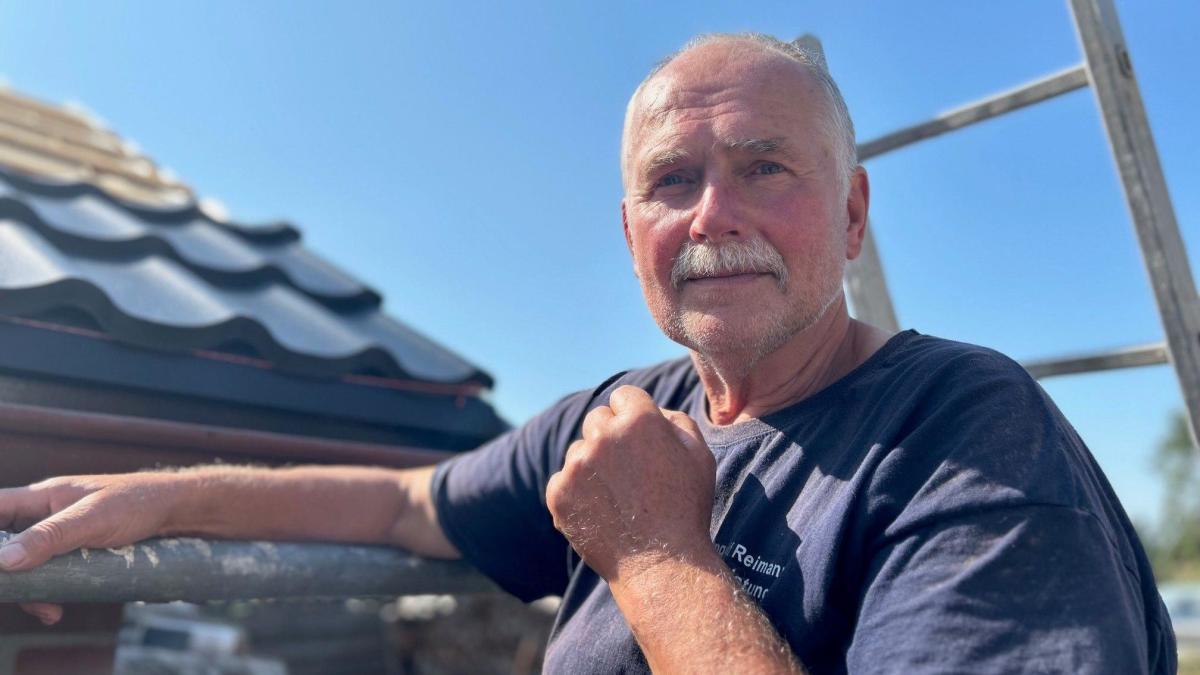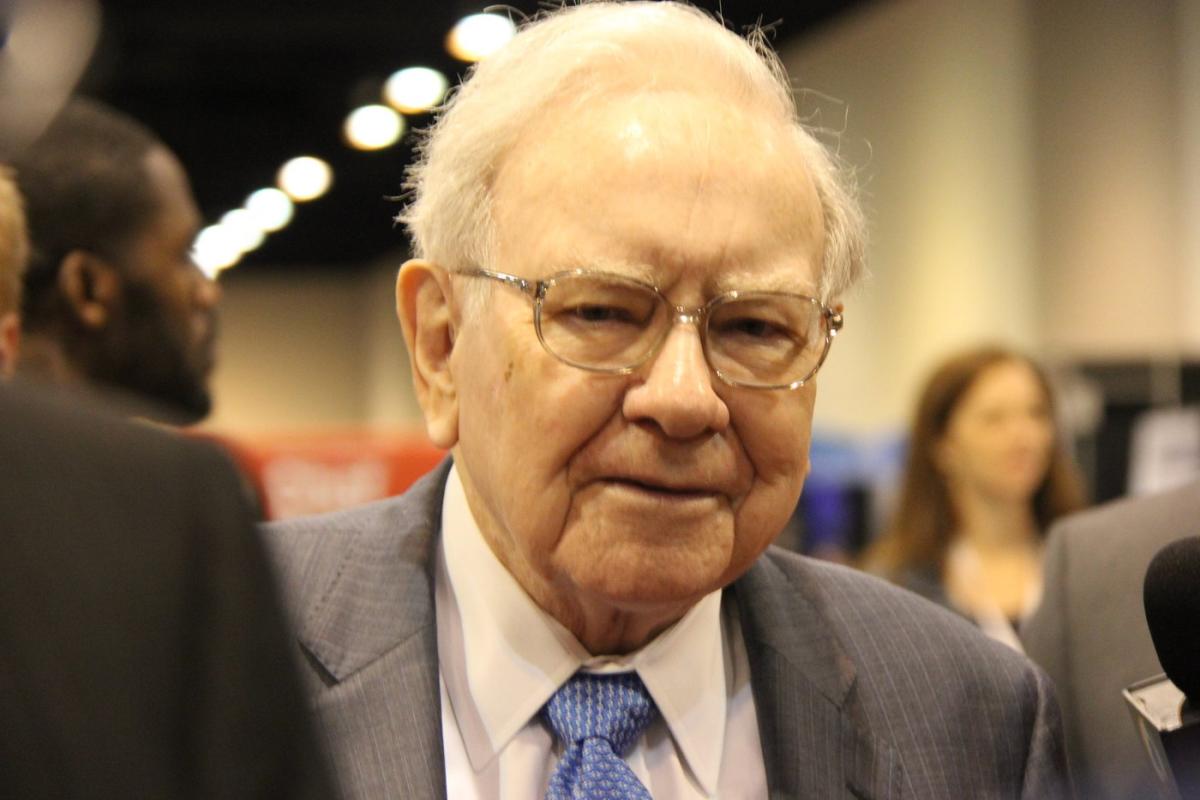SpaceX Starlink 6-13 Mission
A SpaceX Falcon 9 rocket launches the company’s latest batch of Starlink satellites from Cape Canaveral Space Force Station on August 31, 2023.
Florida Today
SpaceX’s Falcon 9 rocket fleet has been grounded by the Federal Aviation Administration after a Thursday launch from California produced an upper-stage failure that deployed a batch of Starlink satellites into an eccentric orbit.
The FAA grounding has immediate impact on the Space Coast’s launch schedule — which is off to a record-breaking pace this year. All told, 46 of the 50 missions thus far during 2024 have been Falcon 9 launches from Cape Canaveral Space Force Station and adjacent NASA’s Kennedy Space Center.
In a Friday statement, the FAA said, “an investigation is designed to further enhance public safety, determine the root cause of the event, and identify corrective actions to avoid it from happening again.”
“A return to flight is based on the FAA determining that any system, process, or procedure related to the mishap does not affect public safety. In addition, SpaceX may need to request and receive approval from the FAA to modify its license that incorporates any corrective actions and meet all other licensing requirements,” the statement said.
Falcon 9: SpaceX logs the Space Coast’s 50th launch of 2024 with Türksat 6A satellite mission Monday
In the short term in Brevard County, the Falcon 9 program grounding could indefinitely postpone:
- Sunday’s early morning Starlink 10-4 mission, which was set to lift off before dawn from Cape Canaveral Space Force Station.
- Another early morning Starlink mission scheduled for Wednesday.
- The Polaris Dawn mission led by commander Jared Isaacman, which will send four civilians into orbit to conduct the first-ever commercial spacewalk. The high-profile launch was set for no earlier than July 31.
Thursday’s ill-fated Falcon 9 mission took flight from Vandenberg Space Force Base, carrying a payload of 20 Starlink satellites. In a statement on the SpaceX website, company officials said a liquid oxygen leak developed on the upper stage, which only deployed the satellites 135 kilometers above the Earth — less than half the expected perigee altitude.
These satellites will re-enter Earth’s atmosphere and “fully demise,” the statement said, and, “they do not pose a threat to other satellites in orbit or to public safety.”
“This event is a reminder of how technically challenging spaceflight is. To date, we have completed 364 successful Falcon launches — safely carrying astronauts, customer payloads and thousands of Starlink satellites to orbit — making the Falcon family of rockets one of the most reliable in the world,” the SpaceX statement said.
“SpaceX will perform a full investigation in coordination with the FAA, determine root cause, and make corrective actions to ensure the success of future missions,” the statement said.
“With a robust satellite and rocket production capability, and a high launch cadence, we’re positioned to rapidly recover and continue our pace as the world’s most active launch services provider,” the statement said.
SpaceX’s major mishaps have been rare in Florida. In June 2015, a Falcon 9 broke apart 2 minutes and 19 seconds after liftoff from then-Cape Canaveral Air Force Station. That rocket was carrying a SpaceX Dragon capsule packed with more than 5,000 pounds of supplies bound for the International Space Station. Engineers blamed a broken strut that triggered an oxygen tank explosion.
Then in September 2016, a Falcon 9 spectacularly exploded on the pad during a fueling test at the Air Force station, destroying a $200 million communications satellite. The explosion led to changes in helium loading operations.
Isaacman previously financed Inspiration4, the first all-private orbital space mission that launched aboard a Falcon 9 in September 2021 from KSC. In a Friday tweet, he praised SpaceX’s “incredible track record” with the workhorse rocket.
“I can say from personal experience they are very transparent when issues arise. I have no doubt they will arrive at a cause quickly and ensure the most cost-effective and reliable launch vehicle keeps delivering payload to orbit,” Isaacman said in the tweet.
“As for Polaris Dawn, we will fly whenever SpaceX is ready and with complete confidence in the rocket, spaceship and operations,” he said.
Aside from the 46 Falcon 9 missions, only four other orbital rockets have lifted off this year from the Space Coast:
In light of Friday’s FAA decision, the next rocket definitively scheduled on the Space Coast calendar is USSF-51, a July 30 ULA Atlas V launch on a Space Force national security mission. The rocket will take flight from Launch Complex 41 at Cape Canaveral Space Force Station.
For the latest news from Cape Canaveral Space Force Station and NASA’s Kennedy Space Center, visit floridatoday.com/space.
Rick Neale is a Space Reporter at FLORIDA TODAY. Contact Neale at [email protected]. Twitter/X: @RickNeale1

Dr. Sarah Adams is a scientist and science communicator who makes complex topics accessible to all. Her articles explore breakthroughs in various scientific disciplines, from space exploration to cutting-edge research.






